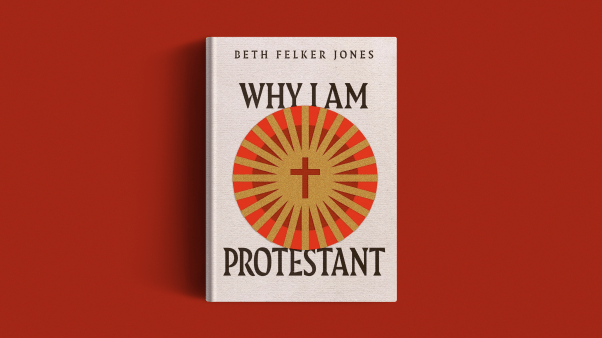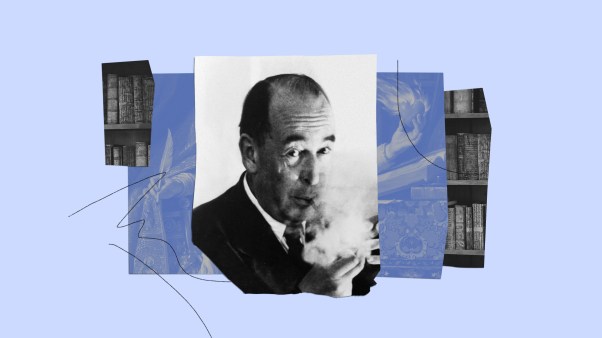King Of Comedy
Twentieth Century-Fox;
directed by Martin Scorsese
Martin Scorsese is one filmmaker who sees better in the dark. His always-compelling characters stalk the murky shadows of airless city streets, haunted, obsessed, alone. They are victims—survivors, if you will—of one vast human wave that breaks against the sharp-edged, impersonal stone-and-glass hives of their existence. King of Comedy is Scorsese’s latest urban fable, an interesting addition to his gallery of dark psychological portraits.
King of Comedy exhibits the same thread of social fragmentation that runs through all of Scorsese’s efforts, from résumé films like Boxcar Bertha to the Academy Award-nominated Raging Bull. The characters hide behind their obsessions, erected like fortifications against the armies of the night—Travis Bickle, the gun-toting Taxi Driver, and Jake LaMotta, the Raging Bull, both burrow deeper into their own neurotic self-images seeking the self-justification denied them by a closed society.
Here Rupert Pupkin (Robert De Niro), the self-styled King of Comedy, lives in a fantasy, obsessed with being a stand-up comic on his own coast-to-coast talk show. Denied his goal by prudent network executives, he retreats behind the walls of his own delusions. He longs for a social acceptance that eludes him precisely because of the neuroses he hides behind. As with any unstable explosive, add a little friction and the flash point is reached. The psychic explosion is furious within these characters: La-Motta swings at anything that moves; Bickle wipes out a prostitution ring. And Rupert Pupkin kidnaps Jerry Langford, this film’s Johnny Carson. Each, in turn, is rewarded for his excess, for there is limited celebrity status at the end of a twisted rainbow. Each finds acceptance because of, not in spite of, his neurotic obsessions.
In a broader sense, King of Comedy is about our irrational preoccupation with celebrities. The modern media hero is piped into the home and kept in a box, to be retrieved at will. One need only press a button and the same, familiar video friend is there; the remote-controlled relationship requires nothing of the receiver. The manic fans in King of Comedy expect from a flesh-and-blood celebrity the same attention they receive from their video icons. Adulation turned to assault is the logical progression of such a relationship. They claw desperately at the disappointing reality, hoping all the while to gain something tangible.
But actually to become a celebrity is the stuff of dreams—and Rupert Pupkin is a loser with a dream. He wants his own place on the video altar. By kidnaping Langford he is simply repossessing an already co-opted personality.
Scorsese’s seriocomic tale is an ironic study of a serious problem: widespread media exposure often makes celebrities of criminals and criminals of fans. John Hinckley knew this instinctively and wounded a President in reenactment of Travis Bickle’s massacre. John Lennon died because Mark David Chapman asked: Who is more famous, the celebrity or the person who kills him? Both would undoubtedly agree with Pupkin that it is “better to be king for a night than smuck for a lifetime.” Each received an infamous crown for his efforts.
One expects more menace from De Niro’s Pupkin—a replay of the Taxi Driver’s mental disintegration—but the director chooses instead to concentrate on the banality of individuals who cringe in the shadows of media-created giants. Rupert Pupkin becomes, in effect, the punch line in a gigantic social sitcom. Scorsese skillfully points our laughter in the wrong direction until we realize, with a start, that the joke is on us.
Reviewed by Harry Cheney, a writer living in Torrance, California.










